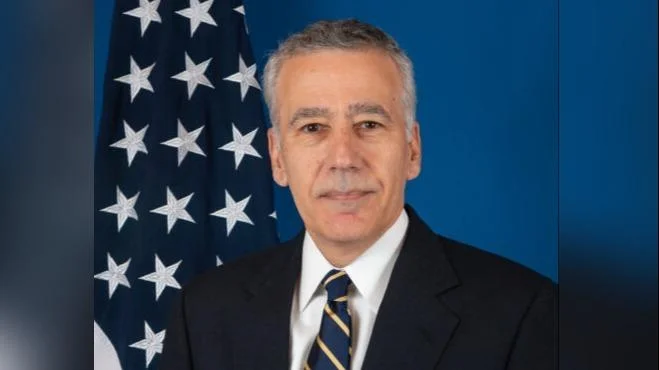Officials from the United States, Japan, and the Republic of Korea met in Tokyo on August 27 and 28 for the fourth session of their Trilateral Diplomatic Working Group. The group focused on addressing cyber threats linked to the Democratic People’s Republic of Korea (DPRK).
The meeting was led by Jonathan Fritz, Principal Deputy Assistant Secretary for East Asian and Pacific Affairs; Miyake Fumito, Japanese Ambassador in charge of Cyber Policy; and Baek Yoon Jeong, Deputy Director General for International Security and Korean Peninsula Policy at the ROK Ministry of Foreign Affairs. Representatives from 19 government departments, ministries, and agencies across the three countries participated.
According to a statement released after the meeting: "Led by Principal Deputy Assistant Secretary for East Asian and Pacific Affairs Jonathan Fritz, Japanese Ambassador in charge of Cyber Policy Miyake Fumito, and ROK Ministry of Foreign Affairs Deputy Director General for International Security and Korean Peninsula Policy Baek Yoon Jeong, the group reviewed the substantial progress made in deepening trilateral collaboration to disrupt the DPRK’s ability to generate and launder revenue through malicious cyber activity, IT workers, and third-party facilitators, which it uses to fund its unlawful WMD and ballistic missile programs. The working group included participants from 19 U.S., Japanese, and ROK government departments, ministries, and agencies."
The working group has continued efforts to coordinate actions aimed at limiting North Korea's access to international financial systems. This includes restricting DPRK actors’ access to jurisdictions where they generate income as well as preventing private sector companies from being used by North Korean entities.
In addition: "Through the working group, the United States of America, Japan, and the ROK continue to coordinate on a wide range of trilateral actions, including efforts to restrict DPRK actors’ access to key jurisdictions in which they generate revenue and prevent private sector companies from being exploited by DPRK targeting. The three sides also discussed future engagement with the AI industry, autonomous sanctions, and law enforcement cooperation."
The discussions also covered future plans for engaging with artificial intelligence industries as well as potential new sanctions measures and increased law enforcement cooperation among participating countries.

